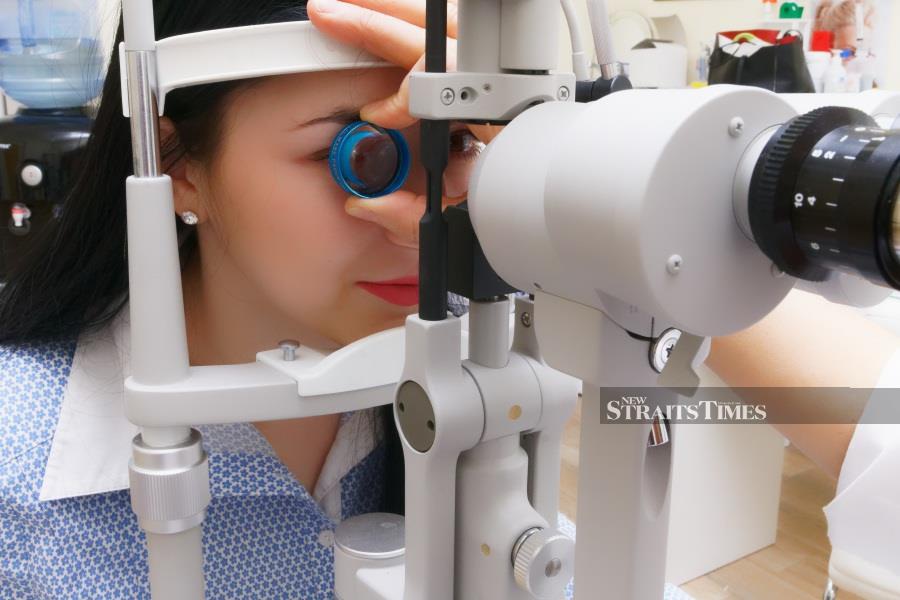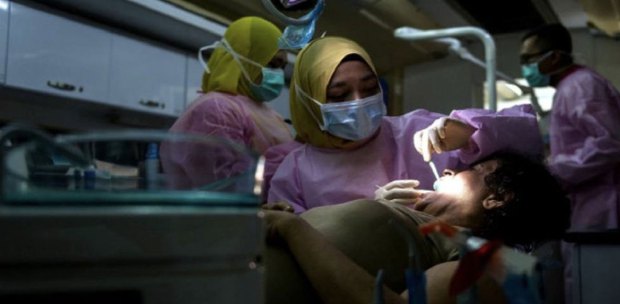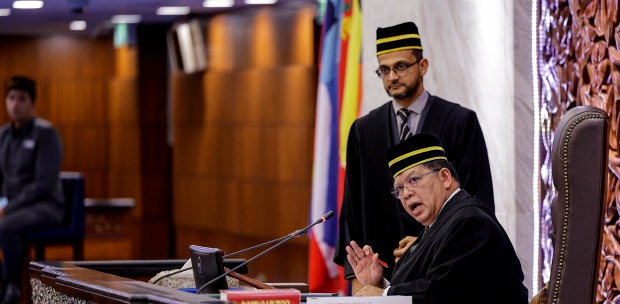ONE of the things you'll have to do when caring for elderly loved ones is to take them for an eye check-up. The sooner you do it, the better it would be even if they don't have any symptoms or complaints. As a general rule, you'd need to go for eye examinations according to age. For example, between 20 and 40 would be every five years; 40 to 55, every two to four years; and 55 and above is every one to three years.
The American Academy of Ophthalmology recommends having a complete eye examination at the age of 40, when some vision changes and eye diseases are likely to start. Based on the results, your eye doctor would be able to recommend how often you should have your eyes tested in the future.
Of course, if you have problems with vision, do see an optician or ophthalmologist immediately, regardless of age. If you have a family history of eye disease or diabetes, and if you're over 60, then you'd certainly want to have your eyes checked.
You'd be surprised how a detailed eye examination can tell a lot about your general health even if you don't have vision problems, wear glasses or contact lenses. The important thing about getting your eyes examined is so that if an eye problem is detected, it can be treated at their earliest stage, when they're most treatable.
A good eye doctor can spot serious problems like diabetes, hypertension (high blood pressure), lupus, and high cholesterol; not just serious diseases of the eyes like macular degeneration and glaucoma. Your eyes are truly the windows to your health.
EARLY DETECTION
Detecting the problems early means that you'll be able to treat the conditions in good time and effectively. There's also a better success rate when it comes to healing through short-term medication and a life-long lifestyle change.
I've seen how early detection can help change a person's life. For example, my eldest son was diagnosed with cortical blindness when he was a few months old. As it were, he was already diagnosed with several things like epilepsy and cerebral palsy.
Cortical blindness in one as young as him really meant that there was nothing physically wrong with his eyes. It's just that his brain needed to be "exercised" and taught to process vision. As part of his treatment plan, we were asked to do several exercises, which included light therapy, among other things.
By the end of the first year, he began responding appropriately to light. By the third year, we knew that he could see because he responded to certain stimulus in the way that those who could see did. Had we not detected this early and taken measures to correct it, he could have grown up severely visually impaired.
It was the same for my aunt who had cataracts in both eyes. It was detected early and surgery was promptly scheduled for one eye first followed by the other eye a few months later.
She was so happy with the outcome and being able to see so clearly again that she used to tell people she had bionic eyes! However, even though her vision improved, she still liked wearing her glasses. So, she would wear her non-powered glasses just for personal comfort.
WHEN THE DAMAGE IS DONE
My late parents, unfortunately, were not as lucky. Mum had diabetic retinopathy and glaucoma, and dad had macular degeneration. Their problems were detected much later in their lives and the disease had already progressed.
Dad was quite the stoic, strong man who didn't believe he needed to see the doctor if he wasn't sick. So, when his vision wasn't as good as it used to be, he merely thought his prescription glasses needed to be changed. It wasn't until he had a minor car accident that he admitted he couldn't see very well.
Instead of just taking him to the optician the way we used to do, we took him to an ophthalmologist. It was then that we discovered he had macular degeneration. At that time, more than 20 years ago, there was no treatment for it in the country. The eye specialist said that laser therapy could help. But it could only be done overseas.
So off we went to save and restore as much of dad's eyesight as we could. When we got there, the eye specialist said the disease had progressed to a point where dad was now legally blind.
Despite still having periphery vision, his central vision was gone and he had to give up driving. Dad was devastated by this but consoled himself by saying that at least he could still "see" if he tilted his head in a certain way. It wasn't total darkness for him.
For mum, however, her last few years were blurry shadows of dark and light caused by diabetic retinopathy and glaucoma. The damaged caused by these two conditions could not be reversed because it was detected in its later stages. Had they been detected much earlier, something could have been done to slow them down.
[Next week: Do's and don'ts when you go for your eye check-up]
[The views expressed in this article are the writer's own.]
Putri Juneita Johari volunteers for the Special Community Society of Ampang. She can be reached at [email protected].





